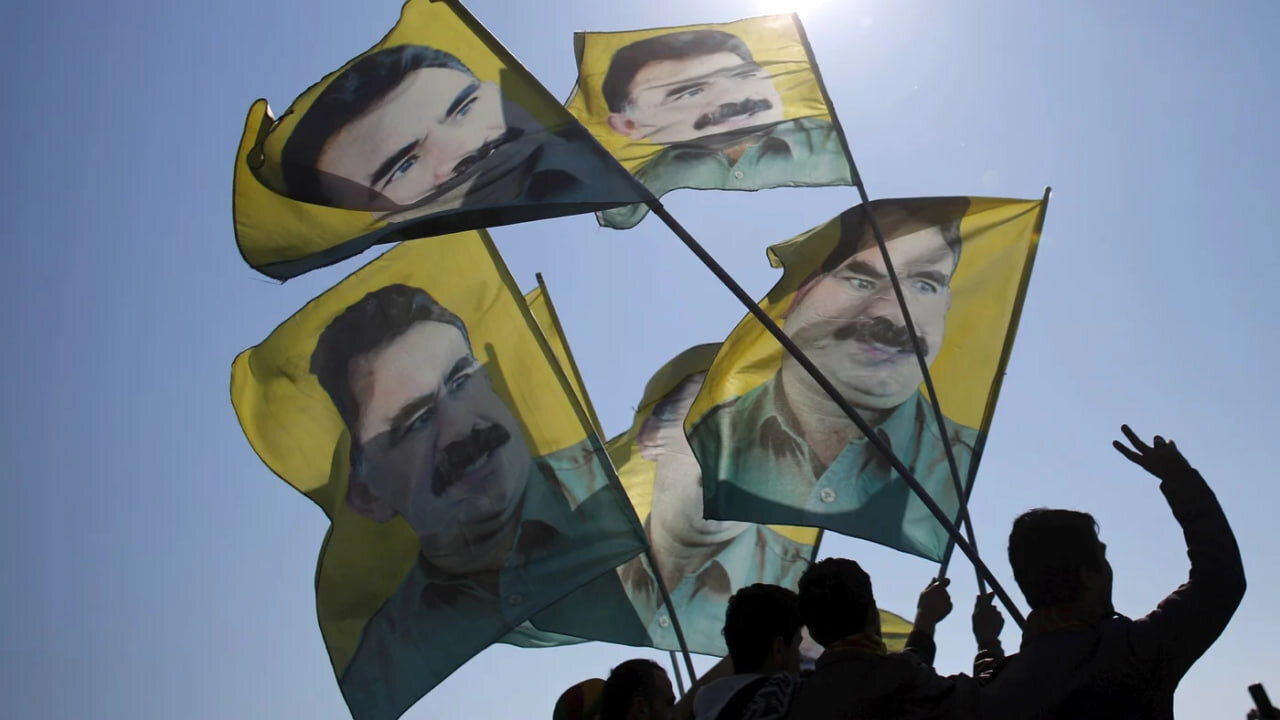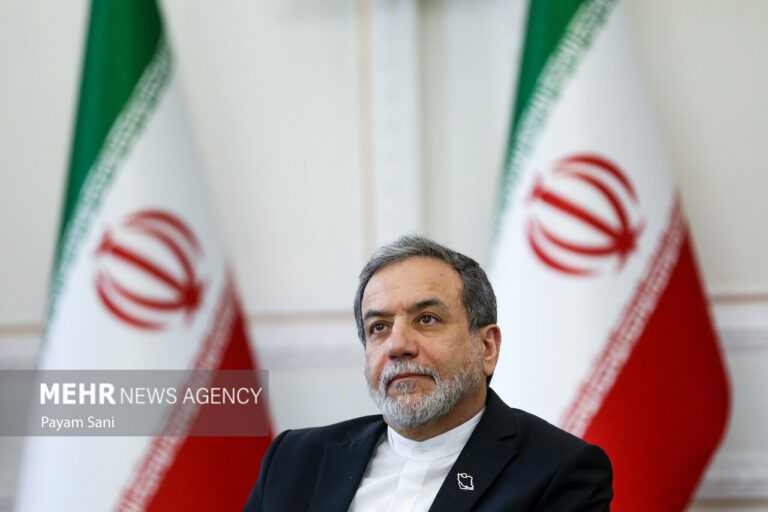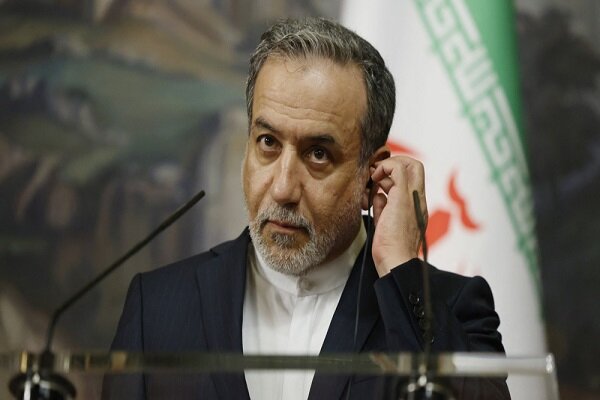PKK Poised for Official Disbandment: Insider Sources Reveal Major Shift
The Kurdistan Workers’ Party (PKK) is poised to make a historic announcement regarding its future in the ongoing conflict with Turkey. Sources close to the situation have indicated that the PKK is expected to declare the end of its armed struggle and the disbandment of its forces. This significant development comes on the heels of a statement from the PKK’s leader, Abdullah Ocalan, who has been imprisoned for many years.
As reported by Middle East Eye, the decision aligns with Ocalan’s recent call for the PKK to lay down its arms, marking a potential turning point in the long-standing conflict. Let’s delve into the details surrounding this pivotal moment.
On Friday, the PKK confirmed that it convened a congress from May 5 to 7, during which members deliberated on Ocalan’s call to end the armed struggle. The discussions during this congress are believed to have been instrumental in shaping the organization’s decision-making process.
In his February statement, Ocalan referred to the armed struggle as belonging to a “bygone era.” He articulated that the PKK’s use of arms was once deemed necessary to address the systemic denial of Kurdish identity and the restrictions on the rights and freedoms of Kurds by the Turkish state. Ocalan’s message, spanning one-and-a-half pages, reflects a significant ideological shift within the PKK.
Here are some key points from Ocalan’s February message:
- Historical Context: Ocalan emphasized that the armed struggle was a response to the oppression faced by Kurds in Turkey.
- Call for Peace: He urged the PKK to transition from armed conflict to a political process.
- Recognition of Kurdish Rights: Ocalan highlighted the need for Turkey to acknowledge and respect Kurdish identity.
- Future Vision: He advocated for a peaceful resolution to the conflict, focusing on dialogue and negotiation.
The PKK has been engaged in an armed struggle against the Turkish government for over four decades, with the aim of securing greater rights and autonomy for the Kurdish population. The group’s historical context is rooted in the political and cultural marginalization of Kurds within Turkey, leading to the formation of the PKK in the late 1970s.
The potential end of the armed struggle represents not only a shift for the PKK but also a critical juncture for Turkey, which has faced ongoing violence and tensions related to Kurdish rights. The Turkish government has long classified the PKK as a terrorist organization, complicating the peace process.
As the situation develops, here are some implications of the PKK’s decision:
- Potential for Peace: A cessation of armed conflict could pave the way for renewed peace talks between the PKK and the Turkish government.
- Impact on Kurdish Communities: This decision may empower Kurdish communities to engage more actively in political processes within Turkey.
- International Reactions: The international community will likely respond to this development, with implications for regional stability.
- Changes in PKK Structure: The disbandment of armed units could lead to a reorganization of the PKK’s political and social structures.
Moreover, Ocalan’s message has resonated not just within the PKK but also among broader Kurdish and Turkish civil society groups. The call for a peaceful resolution to longstanding grievances reflects a growing desire among many for a constructive dialogue rather than continued conflict.
The PKK’s potential disbandment and the end of its armed struggle could significantly influence Turkey’s internal politics and its relations with Kurdish populations. It may also inspire similar movements in the region, as groups seek to secure their rights through non-violent means.
In summary, the PKK’s expected announcement to cease armed conflict and disband is a momentous event that could reshape the landscape of Kurdish rights in Turkey. With Ocalan’s call for peace resonating, there is cautious optimism about the potential for a new chapter in the relationship between the Turkish state and its Kurdish citizens. The outcome of this decision remains to be seen, but it undoubtedly marks a significant shift in the ongoing dialogue surrounding Kurdish identity and rights in Turkey.






